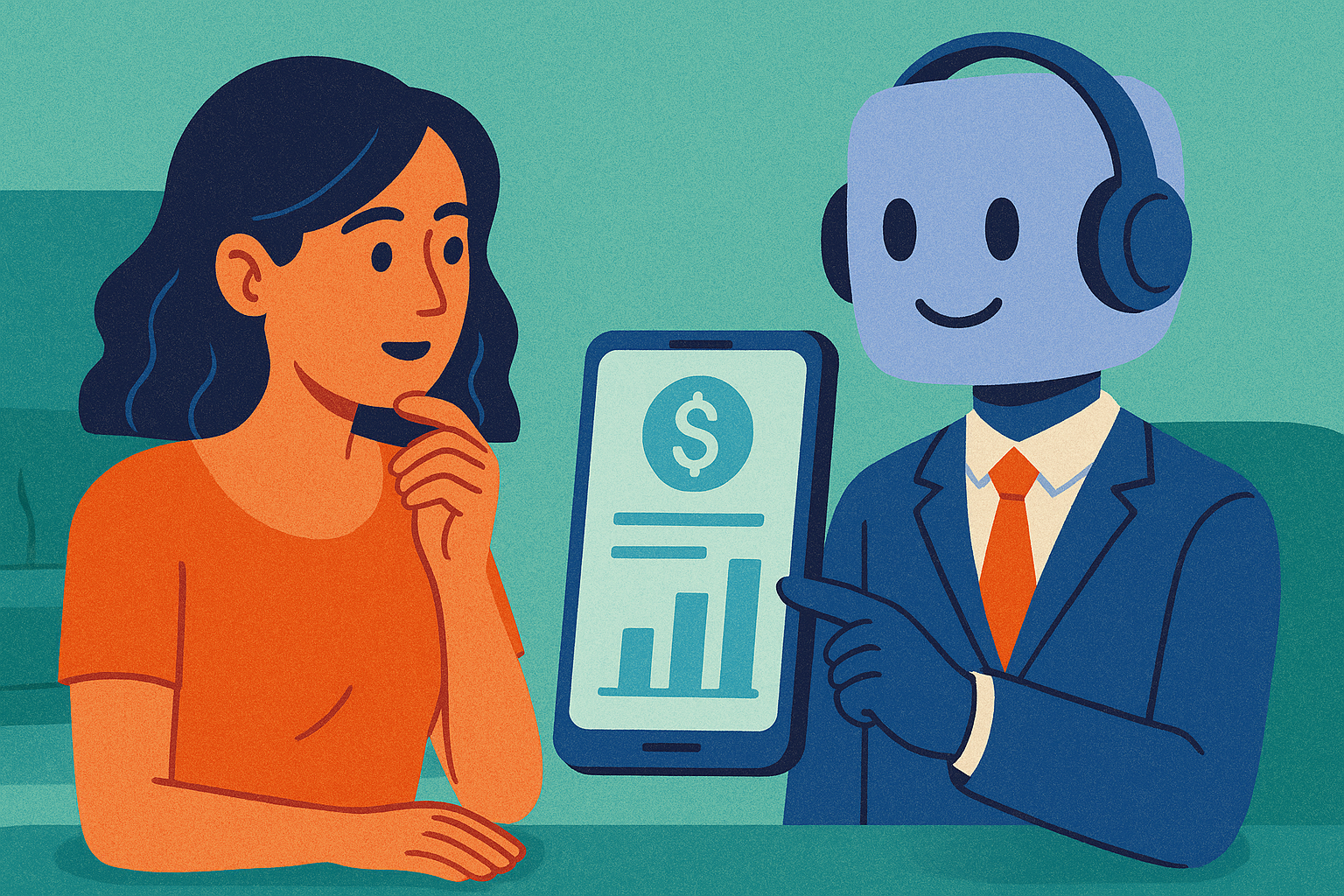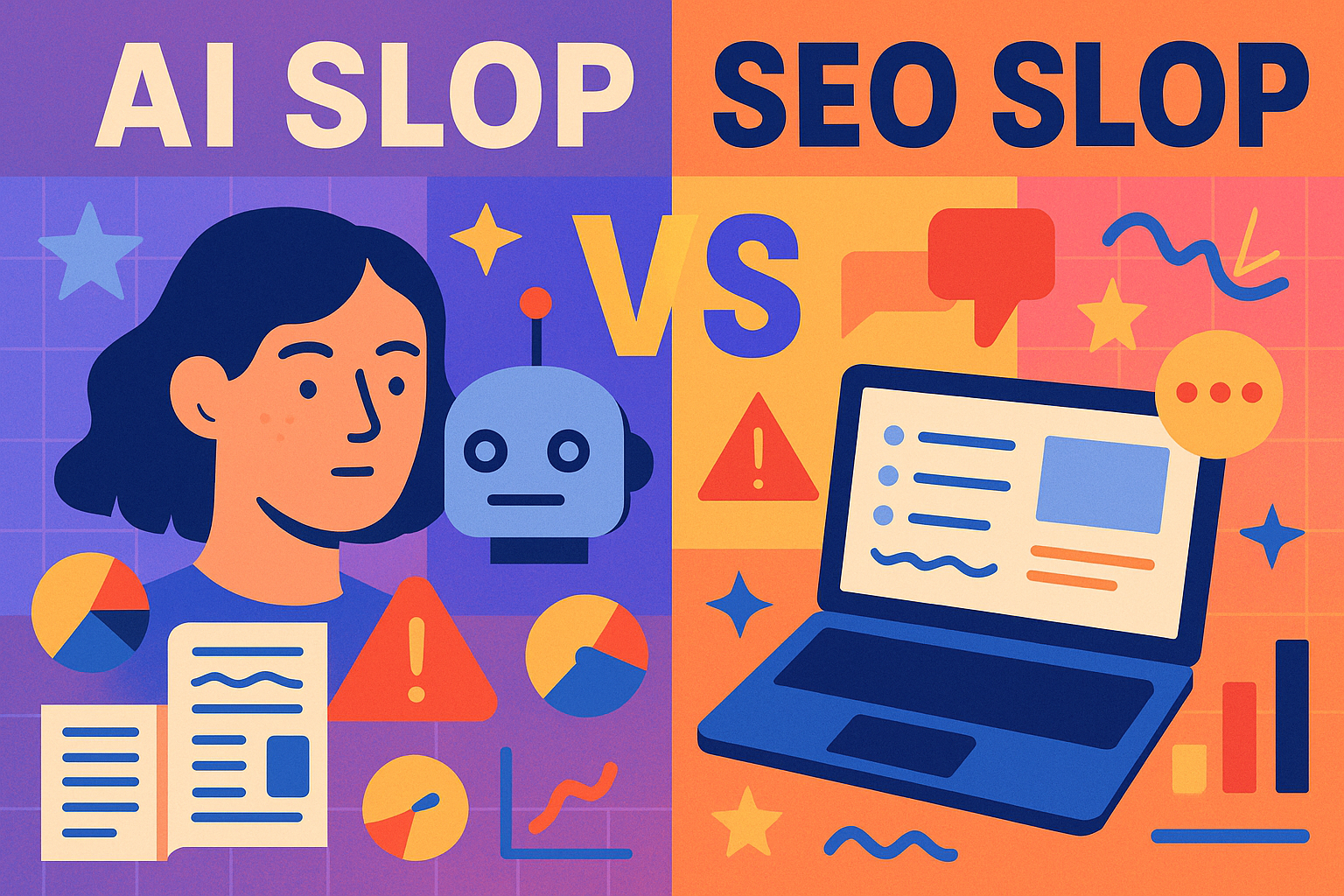AI Personal Finance Advisors
In today’s fast-paced world, managing personal finances can seem overwhelming. Enter AI-powered budgeting tools, which promise to revolutionize the way we handle money. But do they really surpass human planners? In this article, we’ll assess the strengths and weaknesses of AI versus traditional financial advisors, helping you decide which is the better choice for your financial well-being.
The Rise of AI in Personal Finance
Artificial intelligence has been making waves across various industries, and personal finance is no exception. With the ability to analyze vast amounts of data quickly and accurately, AI tools are designed to help users track spending, create budgets, and set financial goals.
Understanding AI Budgeting Tools
AI budgeting tools utilize algorithms to categorize expenses, forecast spending habits, and suggest savings strategies. Popular examples include apps like Mint and YNAB (You Need A Budget), which use machine learning to adapt to your financial behavior over time.
Human Financial Planners: A Personal Touch
While AI tools offer efficiency and data-driven insights, human financial planners bring a personal touch that machines simply cannot replicate. These professionals can provide tailored advice based on individual circumstances, emotions, and life goals.
Cost Comparison: AI vs. Human Advisors
One of the most significant advantages of AI budgeting tools is cost-effectiveness. Many apps are free or come at a minimal subscription fee, while human financial planners often charge a percentage of assets under management or hourly fees.
For example, a financial planner might charge 1% of your portfolio annually, which can add up significantly over time. In contrast, AI tools can help you manage your finances without the overhead costs associated with human advisors. This makes AI a more attractive option for those just starting their financial journey or those with simpler financial situations.
Customization and Personalization
AI tools excel at processing data and providing general recommendations, but they can sometimes fall short in personalization. While they can analyze spending habits and suggest budget adjustments, they lack the ability to understand the nuances of individual circumstances.
On the other hand, human planners can tailor their advice based on a deep understanding of your financial situation, personal goals, and emotional factors affecting your decision-making. They can also provide ongoing support and adjustments as your life changes—something AI tools struggle to do effectively.
Case Studies: AI vs. Human Decisions
Consider a scenario where an individual is trying to save for a down payment on a house. An AI tool may suggest cutting back on dining out or finding cheaper alternatives for groceries based on spending data.
However, a human planner might dig deeper to understand the person’s lifestyle and motivations, perhaps suggesting alternative strategies that resonate more personally, like setting up a dedicated savings account or exploring investment options that align with their risk tolerance.
Accuracy and Reliability
AI tools can quickly analyze spending data and make recommendations based on patterns, potentially offering more consistent advice than a human planner who might be influenced by personal biases or emotional factors. However, their effectiveness largely depends on the accuracy of the data inputted.
Human planners, while sometimes slower in processing information, can apply qualitative insights and market knowledge that AI tools may lack. This combination of quantitative and qualitative analysis can lead to better overall financial strategies.
Emotional Intelligence in Financial Planning
Financial decisions are often intertwined with emotions. Humans tend to make decisions based on feelings such as fear, hope, or desire, which can greatly influence financial choices. AI lacks the emotional intelligence necessary to navigate these complex feelings.
A human planner can provide reassurance and motivation, helping clients stick to their financial plans during challenging times. They can empathize with clients’ fears and uncertainties, offering a level of support that an AI tool simply cannot provide.
The Importance of Human Connection
Establishing a relationship with a financial advisor can be a vital part of the planning process. Trust and rapport can lead to more open communication, allowing for a more comprehensive understanding of financial goals and challenges. This human connection is something AI tools cannot replicate.
When to Choose AI Over Human Advisors
While human planners bring invaluable insights, there are scenarios where AI tools may be the preferred choice:
- Simple Financial Needs: If your financial situation is straightforward, an AI tool can efficiently manage budgeting and savings.
- Cost Constraints: For those on a tight budget, AI tools provide a cost-effective alternative to hiring a financial planner.
- Data Analysis: If you need quick insights and analysis, AI tools can process data faster than a human advisor.
When to Choose Human Advisors
Conversely, there are circumstances where a human planner may be more beneficial:
- Complex Financial Scenarios: If you have multiple income streams, investments, or unique financial goals, a human planner can offer tailored solutions.
- Emotional Support: If financial decisions cause anxiety or stress, having a human advisor can help ease those feelings.
- Long-Term Planning: For significant life events like retirement or college funding, human insight can provide a more comprehensive strategy.
Combining AI and Human Expertise
In an ideal scenario, one doesn’t have to choose between AI and human advisors. The best approach may be to leverage the strengths of both. Using AI tools for day-to-day budgeting and expense tracking can free up time for a human advisor to focus on long-term strategies and emotional support.
This combination allows individuals to benefit from the efficiency of AI while still receiving personalized advice from experienced financial planners.
Conclusion: Finding Your Financial Fit
In conclusion, AI-powered budgeting tools and human financial planners each have their advantages and disadvantages. The best choice depends on your unique financial situation, needs, and preferences.
Whether you opt for an AI tool, a human planner, or a blend of both, the key is to stay informed and proactive about your finances. For more insights into tech and finance, check out our Tech and Travel hubs for more resources.
If you’re ready to take control of your finances, consider exploring some of the popular AI budgeting tools available today. Start your journey toward financial well-being with the right resources!


